7 Mastering Mistakes We All Make
- Diving into Mastering Before Listening to the Track
- Listening without Giving Our Ears a Break
- Using Our Go-to signal Chain for Every Master
- Mistaking Loud for Better
- Using Too Much Limiting Instead of Compression
- Using Analyzers and Metrics Instead of our Ears
- Adhering too Strictly to Loudness Normalization Settings
We all make mistakes when mastering. Most are out of habit and caused by an over-reliance on certain forms of processing and analyzers.
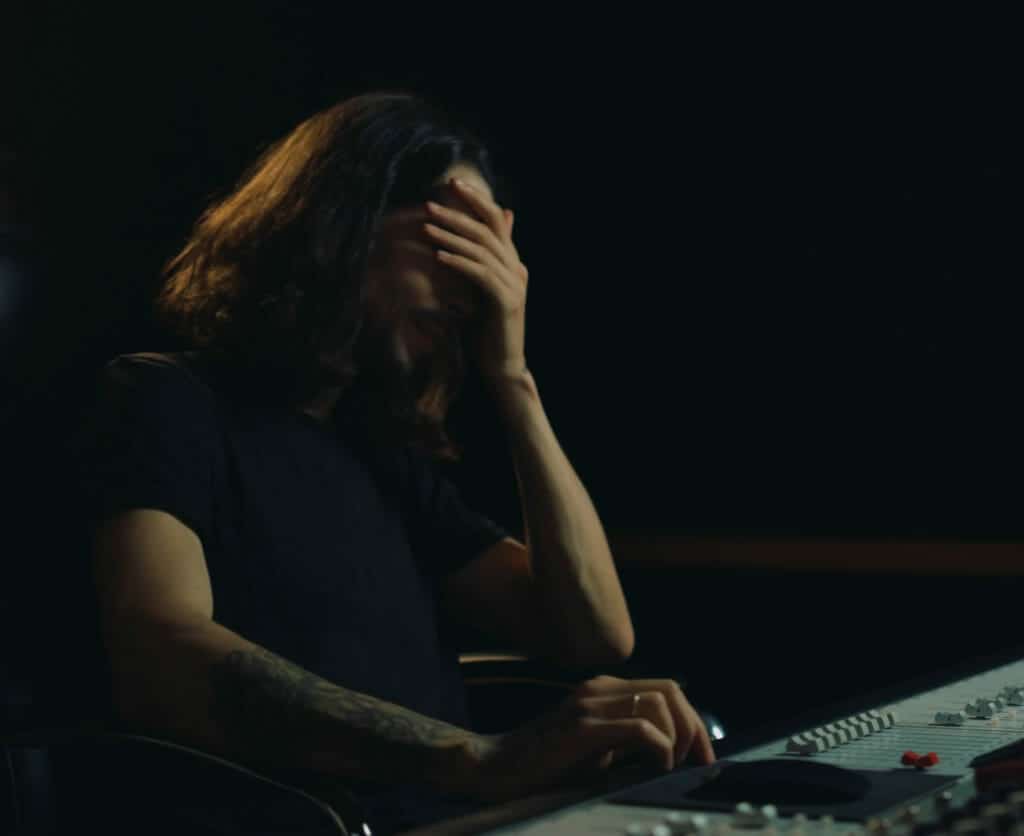
We all make mistakes - mastering music is no different!
Fortunately, the more we know about them the better chance we have at avoiding them. With that in mind, here are 7 Mastering Mistakes We All Make.
First, if you’re an artist or engineer and you have a mix you’d like to hear mastered, send it to us here:
We’ll master it for you and send you a sample to review.
1. Diving into Mastering Before Listening to the Track
One of the most important aspects of mastering is listening closely and critically; however, it isn’t uncommon to want to start mastering a track right away.
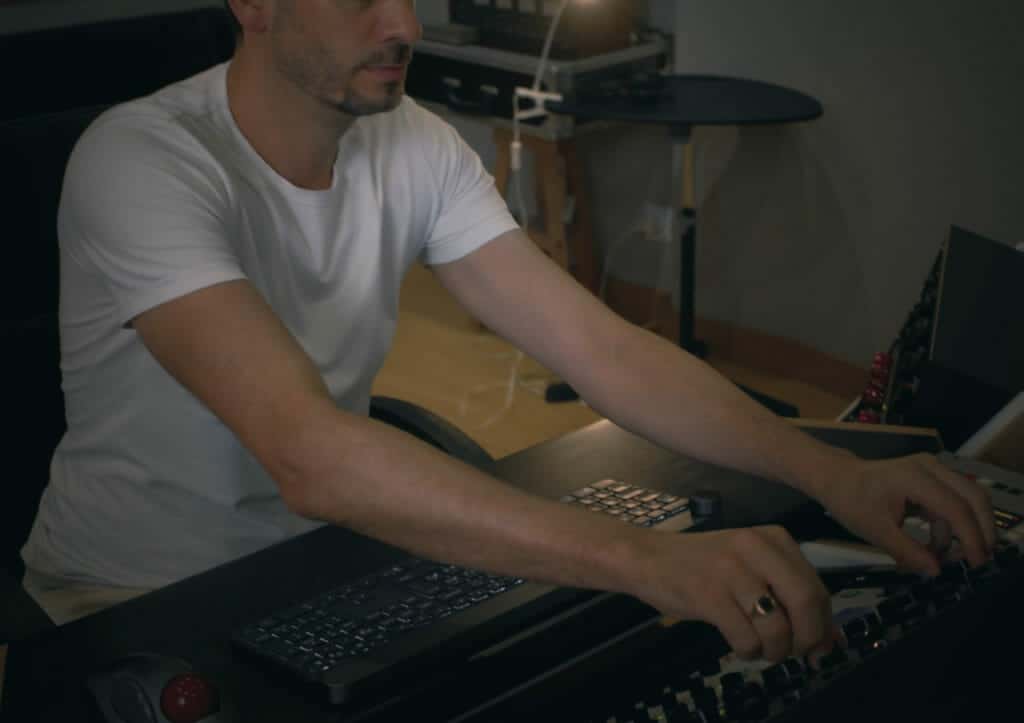
Sometimes we're too eager to start a project that we forget to listen intently first.
Maybe it’s the excitement of starting a new project, or a busy schedule pushing you to try to finish your mastering session - but each master needs to be thoroughly listened to before anything is changed.
So instead of equalizing a track, or maybe grabbing your favorite compressor plugin, listen to the full song twice through and think about what the track needs.
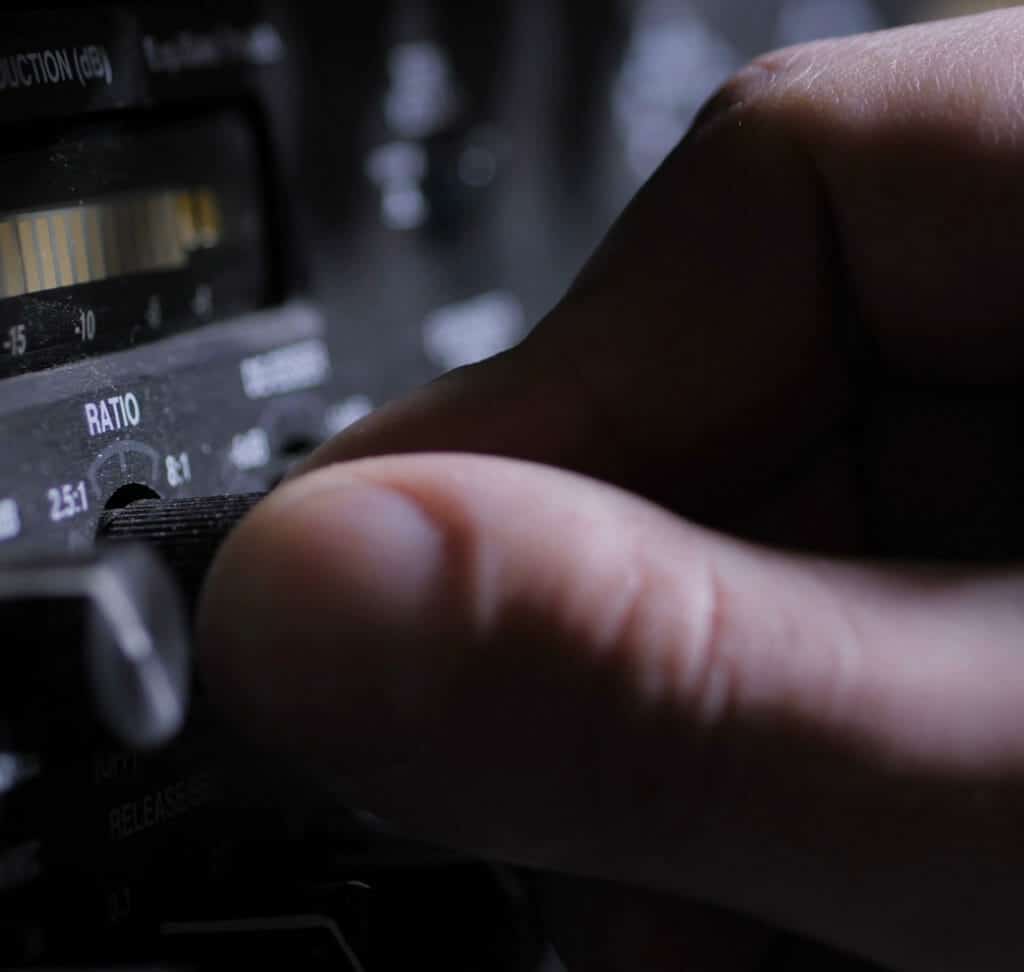
We should always listen closely to the music before making any changes to it.
You may find that you don’t need to add a compressor or other plugin.
It may seem like this will take too much time, but by listening intently to the master first and then making decisions, you’ll keep yourself from having to backtrack.
2. Listening without Giving Our Ears a Break
It isn’t uncommon to get engrossed in a mastering session. Whether mixing or mastering, there have been times I’ve looked up at the clock, surprised that I had been working for hours without taking a break.

It isn't difficult to get engrossed in a project.
This happens to a lot of engineers, and it’s not a bad thing really. It shows how much you’re passionate about what you’re working on.
However, regardless of how passionate we are about a project that doesn't change that we can damage our ears pretty quickly.
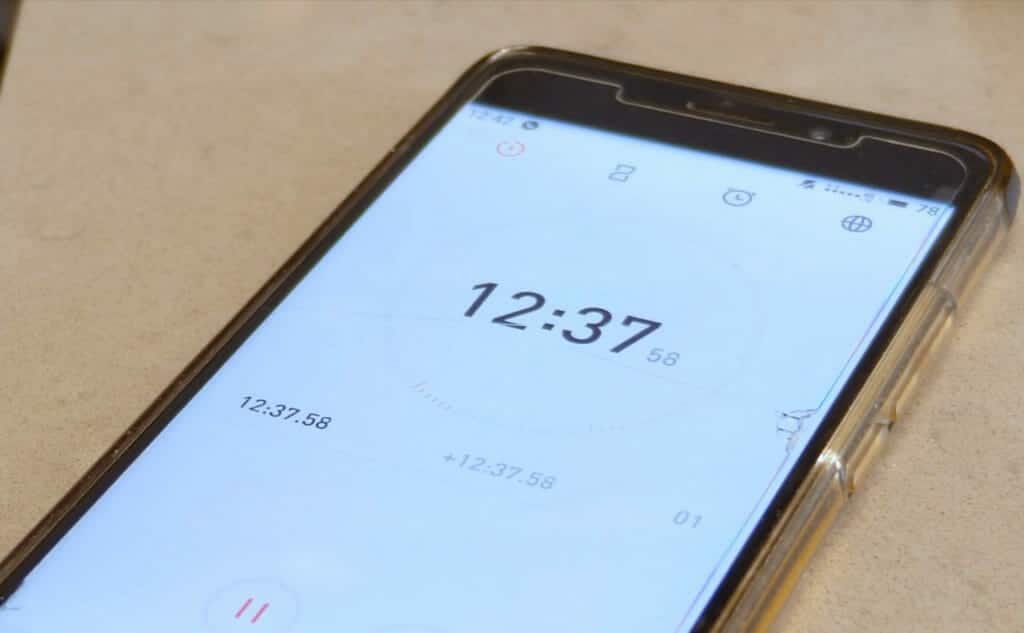
Set a timer to remind yourself that your ears need a break.
When we neglect to give our ears a break, we cause irreversible damage to the sensitive cilia hairs in our ears - resulting in hearing loss and tinnitus.
If you’re having trouble remembering to take a break, set an alarm every hour and step away from your computer or mastering desk for 10 to 15 minutes.
3. Using Our Go-to signal Chain for Every Master
Most mastering engineers have spent years if not decades trying to perfect their signal chain. Whether that means finding the right equipment, changing the processing order, or maybe swapping out cables and making other minute changes.
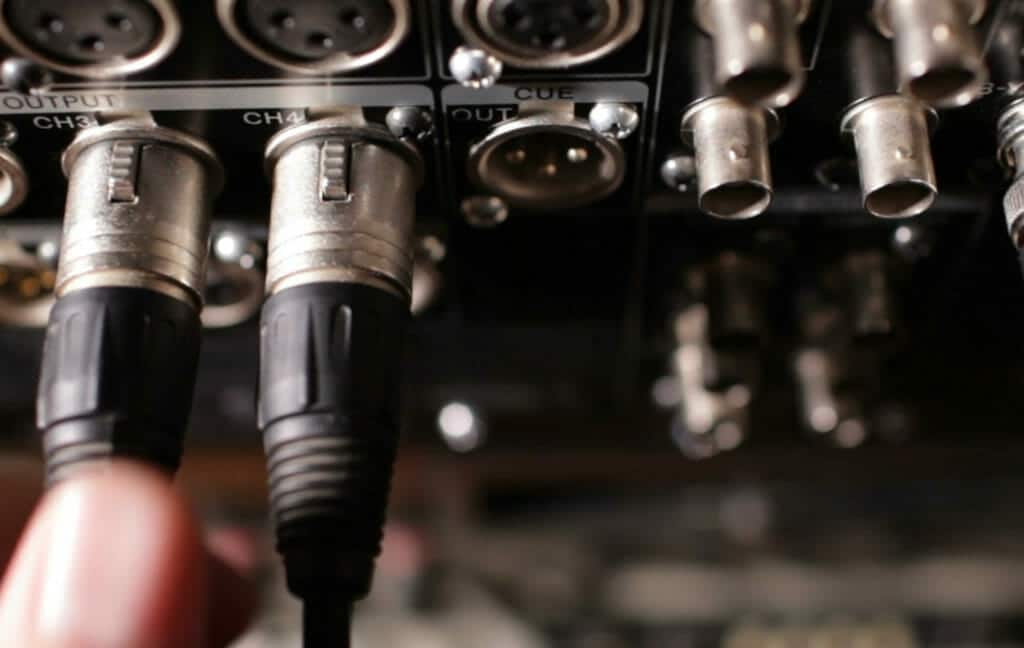
Signal chains have been carefully curated, even down to the cables being used. But they need to be flexible enough to handle unique mixes.
Whatever the case may be, there’s a lot of love and attention that goes into a signal chain. This isn’t without some consequences though.
We all know that not every mix is the same. However, we often use our tried and true signal chain on just about every mix we get.
Maybe it’s a fear to branch out, or a desire to create uniformity amongst all masters that come out of your studio, but some flexibility is always needed.
If you find yourself using the same processing for every master, maybe try a new plugin. It never hurts to experiment and try something new.
If you’re looking for some plugins to add to your signal chain, check out some of our top picks:
4.Mistaking Louder for Better
If asked, most mastering engineers would say that their above the whole ‘Louder is Better’ interpretation; however, they’d be lying.
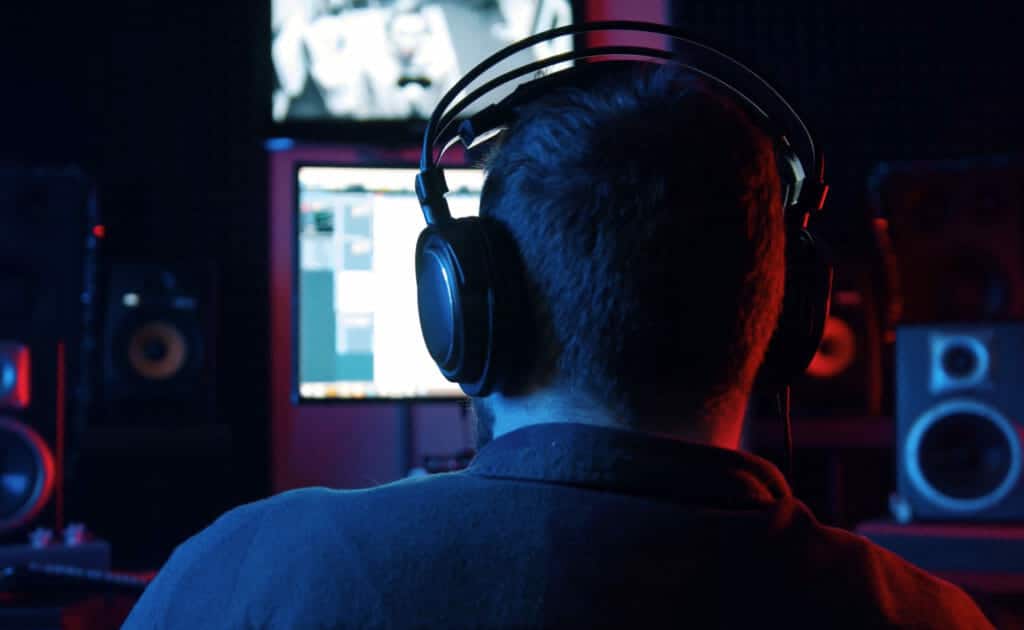
It's difficult not to interpret louder as better.
Unfortunately, it’s human nature to find something that’s louder to sound better. Of course, this definitely has its limitations - a louder annoying sound is not better than a quieter annoying sound, but in the realm of mastering making music louder a hard cycle to break.
We’re always looking for a way to push the sound of our masters into new territory - in the process, we’ll find, perhaps subconsciously, that increasing the limiter by a dB makes us feel better about the master.
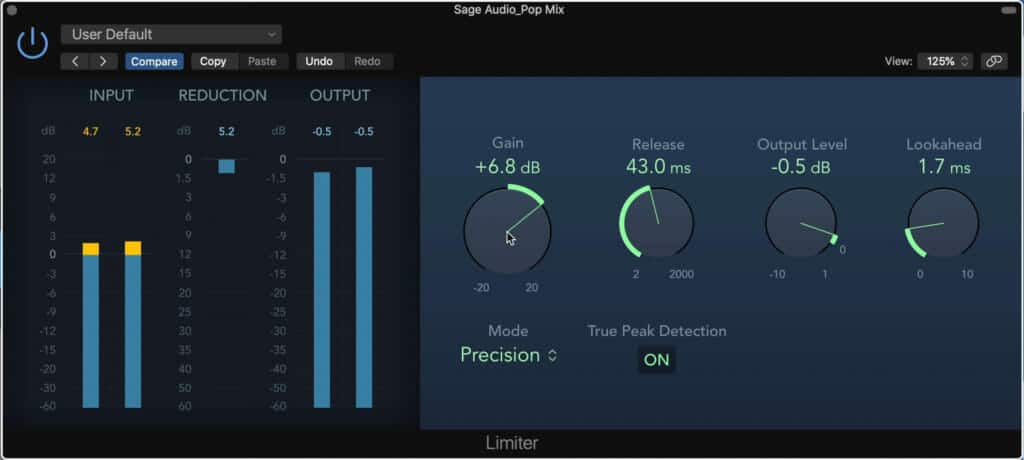
Make sure that increasing the loudness of a track is needed, or if it only sounds good in the moment.
But, we always need to consider how this will affect playback. True it may sound better in the moment, but will it sound better when normalized, or maybe over consumer-grade equipment?
Ask yourself this the next time you instinctively however your mouse cursor over the limiter’s gain.
5. Using Too Much Limiting Instead of Compression
We’re all looking for shortcuts when making music. Whether it’s a chord-trigger or some presets, the idea is the same.
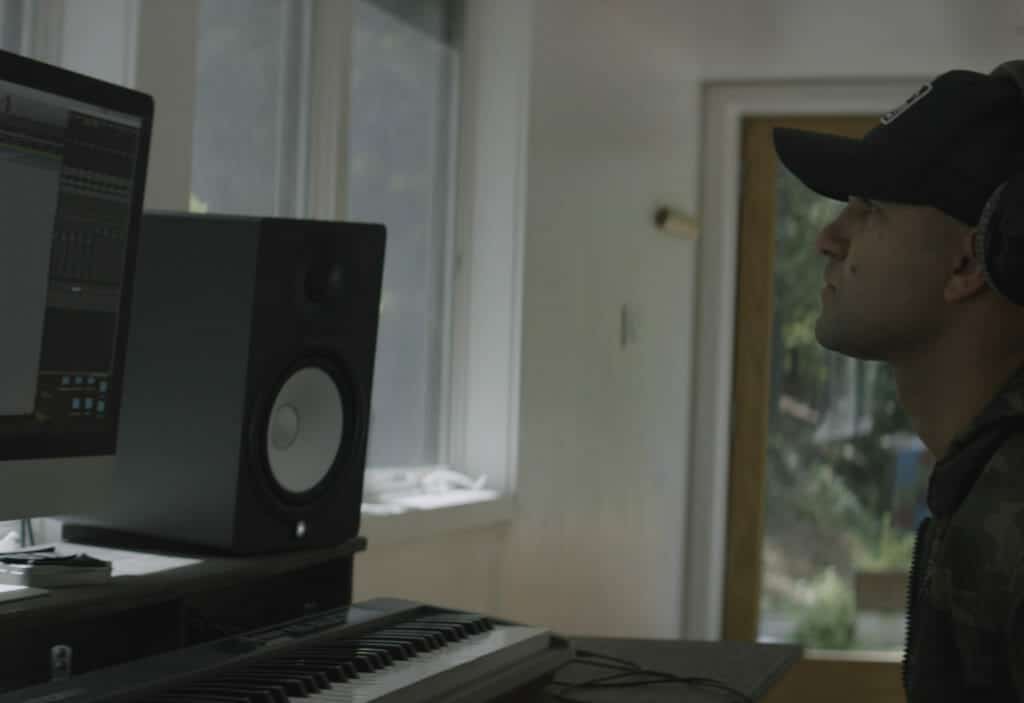
Finding shortcuts in audio production is great, but it shouldn't apply to compression.
But doing something faster definitely doesn't mean making it better.
Let’s face it, dialing in the perfect compressor settings is not easy. Most compressors greatly affect, or at least have the potential to greatly affect, the timbre of a master.
For many, dialing in these settings just right can be daunting. This deference from compression is exacerbated by the simplicity of most limiters.
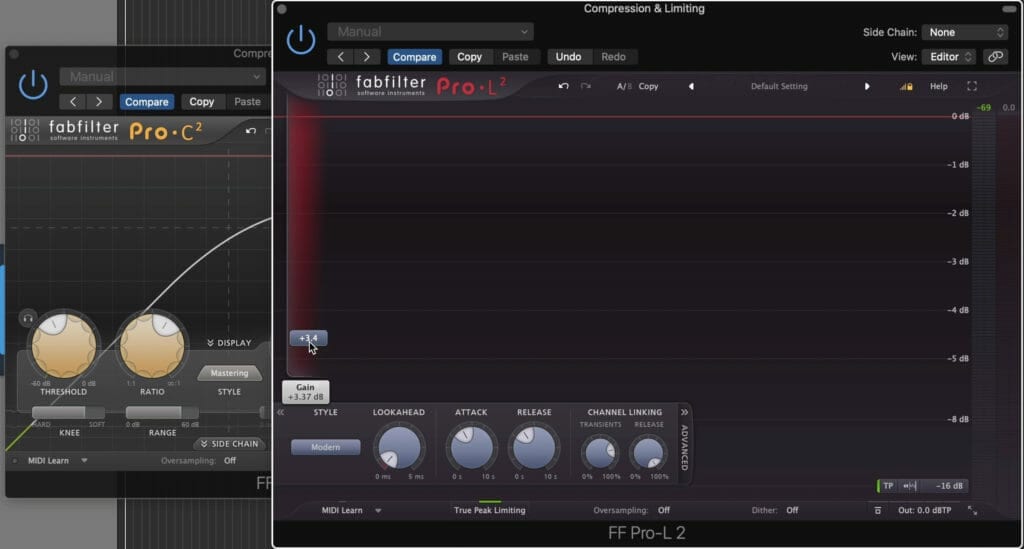
Use both a limiter and a compressor to control dynamics (if needed). If you rely too heavily on the limiter you'll end up with artifacts and unwanted distortion.
‘Why spend an hour finding the right compressor settings when I can just use my limiter?’ You might think - but you’re heading down a bad path.
Compression, in tandem with limiting, is what’s going to give you the best control over your dynamics, and the best shot of achieving a louder master without unwanted distortion.
Furthermore, if we use limiters in lieu of compressors we’ll miss out on the sound of compressors - many of which can have an incredibly positive effect on the perceived loudness and timbre of a track.
6. Using Analyzers and Metrics Instead of Our Ears
Frequency analyzers and meter metrics are no doubt useful tools. They help you understand the status of your frequency response, your level, loudness, stereo image, and even total harmonic distortion.
But they also pose a unique problem. The more we rely on them to understand our master, the less we rely on our ears and intuition.
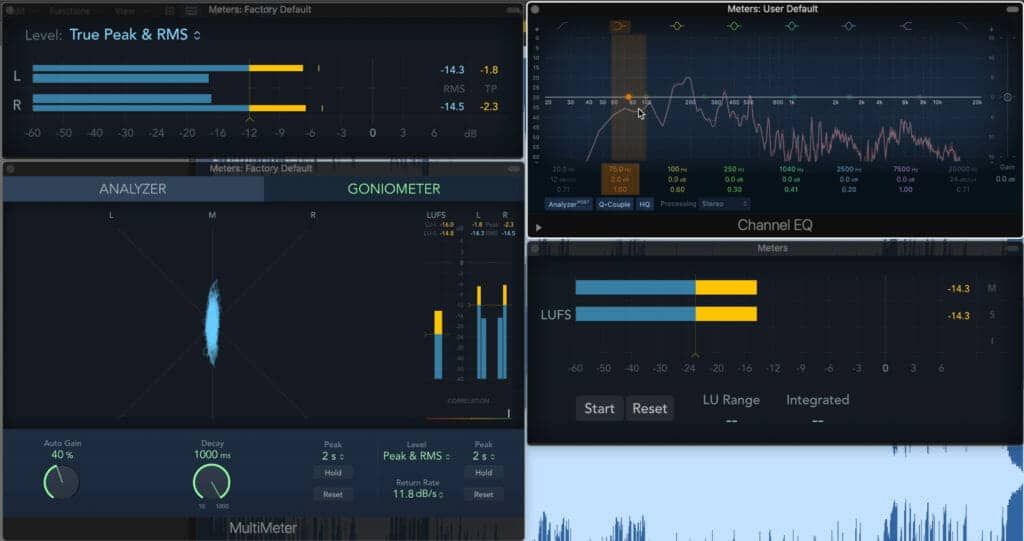
Meters are great, but they should always be used in tandem with intently listening to the music.
Sometimes, instead of listening intently to the music, I open up a frequency analyzer to check if the track is balanced. Although this is helpful, it should be used in tandem with listening to the track.
The same can be said about other metrics - for example, the stereo image. This one can be particularly helpful since stereo width is sometimes harder to perceive; however, if we’re solely relying on the look of a spectrograph to make decisions, we’re giving up our ability to listen critically.
In short, use your ears first, then check the metrics.
7. Adhering too Strictly to Loudness Normalization Settings
In the age of streaming, loudness normalization has become the most talked-about change to mastering. It almost goes without saying, but changing the level at which mastered are playback back changes how they are mastered.

Loudness normalization is greatly impacting how masters are being made. They've ultimately decreased the average overall loudness of most masters.
In many ways, this has been a good change, since it’s led to a decrease in competitive loudness. But, there are still some shortcomings.
The main problem this change has caused is an over-reliance on “Target Loudness.” The most commonly used target loudness is -14 LUFS. Although this is a good loudness to which you can master your track, it isn’t the only loudness to which you can master your track.

Target loudnesses will not work for all mixes and should be considered a guideline instead of a fixed rule.
If a client wants a track louder, by all means, make it louder. Or if you’re mastering a classical or jazz recording, -14 LUFS may be too loud. Whatever the case, treat your master as a unique work - not one that should always be mastered to the same LUFS.
If you want to learn more about loudness normalization, here’s a blog post and video on that topic:
Conclusion
Knowing about these mistakes makes it easier to avoid them. They are again:
- Diving into Mastering Before Listening to the Track
- Listening without Giving Our Ears a Break
- Using Our Go-to signal Chain for Every Master
- Mistaking Loud for Better
- Using Too Much Limiting Instead of Compression
- Using Analyzers and Metrics Instead of our Ears
- Adhering too Strictly to Loudness Normalization Settings
If you’re making one of these mistakes, be sure to consider how you can remedy it. Most of these common mistakes can be overcome by simply changes 1 or 2 bad habits.
If you’re an artist or engineer and you have a mix you’d like to hear mastered, send it to us here:
We’ll master it for you and send you a sample to review.
Do you make any of these mistakes?




